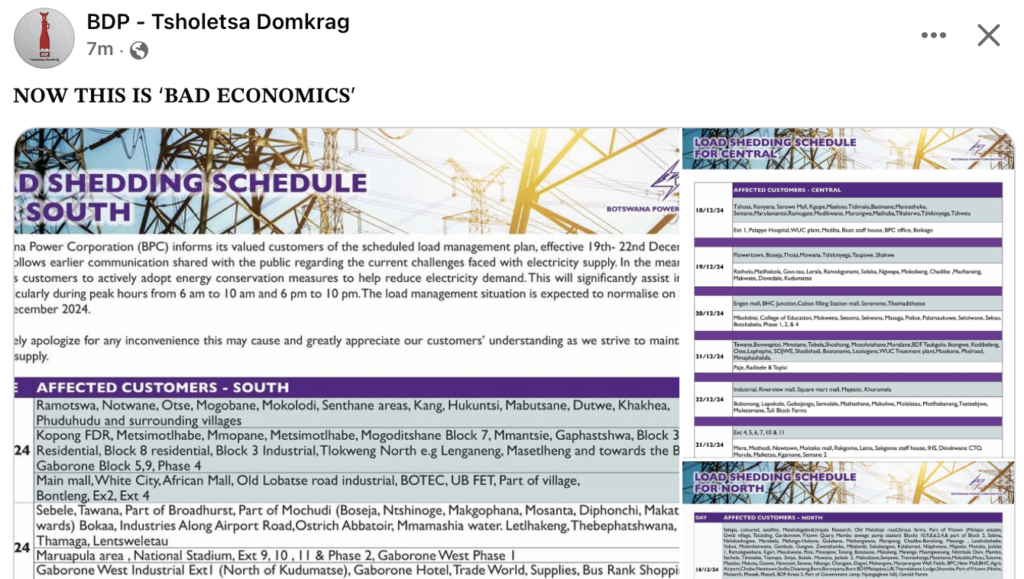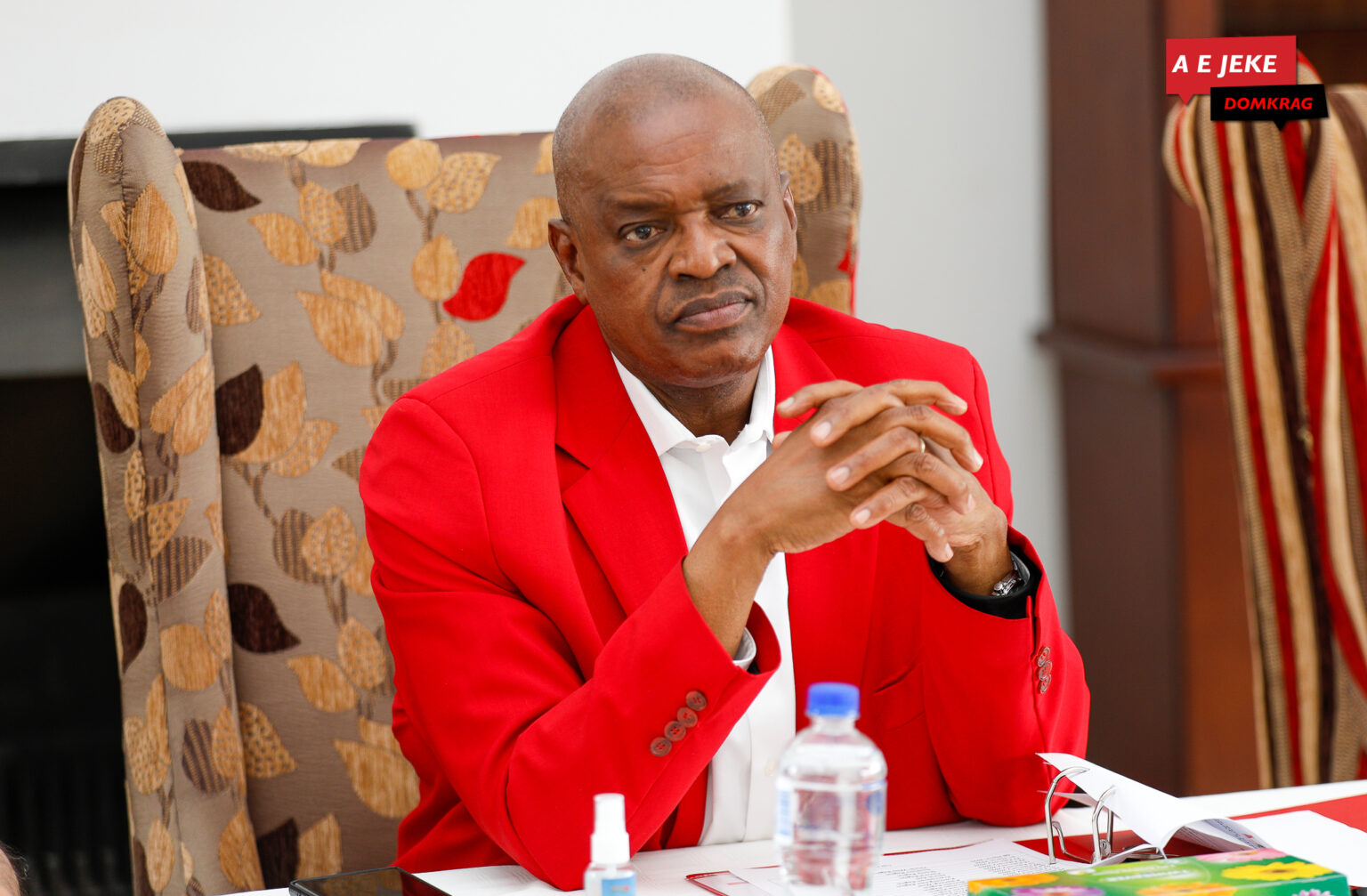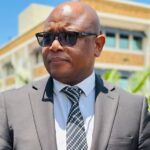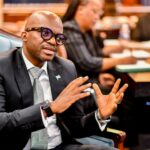The Botswana Democratic Party (BDP), still reeling from its historic defeat in the October 2024 general elections, has criticized the Botswana Power Corporation’s (BPC) planned load-shedding measures, describing them as “bad economics.”
BPC announced a scheduled load management plan from December 19th to December 22nd, 2024, citing challenges in electricity supply. In a public release, BPC explained that the load-shedding would target peak hours (6 am–10 am and 6 pm–10 pm) to ease pressure on the grid. The Corporation urged the public to conserve energy during this period, stating that normalcy is expected to return by Sunday, December 22nd.
BDP’s Response: A Strategic Critique
Reacting to the announcement, the BDP, now reduced to a marginal presence in Parliament with only four seats, lambasted the decision as poorly timed and economically damaging. The timing of these measures, during the busy festive season, is a blow to economic activity and public morale. It reflects a worrying lack of strategic planning by the new administration.”
The remarks come as the BDP positions itself as a vocal opposition, following decades of political dominance that ended with the October elections. The party seeks to rebuild its image after falling to fourth place in the polls, overshadowed by the victorious Umbrella for Democratic Change (UDC), the Botswana Congress Party (BCP), and the Botswana Patriotic Front (BPF).
Electricity Woes Amid Political Transition
Botswana’s power challenges are not new but have drawn heightened scrutiny in the wake of the UDC’s ascent to power. Duma Boko, now the President of Botswana, campaigned heavily on promises of economic reform, improved infrastructure, and energy stability. Critics, including the BDP, argue that these promises are being tested early, with the load-shedding announcement serving as a flashpoint.
The load-shedding plan has also raised concerns among businesses, particularly in the retail and tourism sectors, which anticipate losses during the critical holiday season.
Public Reaction
Public sentiment is divided. While some citizens acknowledge the necessity of load-shedding to stabilize the grid, others express frustration over the lack of a long-term solution to Botswana’s energy issues. Social media has been rife with debates, with many questioning whether the new government is equipped to handle such crises effectively.
BDP’s Broader Strategy
The BDP’s criticism of BPC and the new administration appears to be part of a broader strategy to reassert itself as a relevant political force. By focusing on issues that directly affect citizens, such as electricity and the economy, the party hopes to regain public trust and rebuild its base ahead of future elections.

Looking Ahead
As Botswana navigates this transitional period, the interplay between energy management, economic performance, and political dynamics will remain critical. The UDC faces the dual challenge of fulfilling its ambitious campaign promises while managing immediate crises. Meanwhile, the BDP, once the bedrock of Botswana’s politics, seeks to reinvent itself in a dramatically altered political landscape.
The scheduled load-shedding may last only a few days, but its implications could reverberate far longer in a country experiencing both political and economic recalibration.










